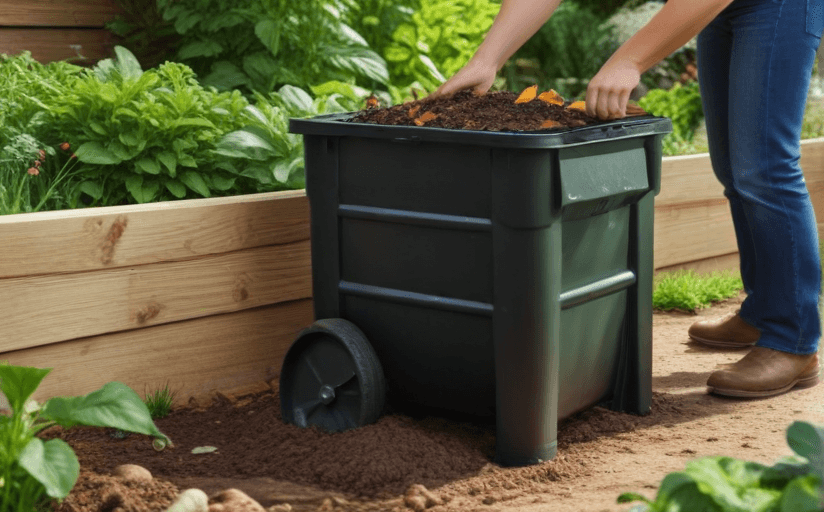The Art of Composting: A Practical Guide for Home Gardeners
In our environment-focused society, composting has become an essential practice, enabling us to reduce waste and enrich our gardens simultaneously. But what exactly is composting, and how can you introduce this valuable method into your own backyard gardening routine? Let's dive in.
Understanding Composting
Composting is the process of turning organic material, like kitchen waste and garden clippings, into a nutrient-rich soil conditioner. This compost not only provides vital nutrition for your plants, but also improves the structure of the soil, helping it to better retain moisture and support healthy plant growth.
The Importance of Composting in Today's Environment-focused Society
Beyond its benefits for the home garden, composting is a simple and effective way to reduce household waste, thereby contributing to a larger environmental cause. By composting our organic waste, we can reduce the amount of waste sent to landfills and cut back on greenhouse gas emissions.
Practical Composting Methods for Home Gardeners
Compost Bins
Purchasing a compost bin is a great option for beginner gardeners or those with limited space. Bins are compact, tidy, and work quickly. Simply add your organic waste, making sure to maintain a good balance of 'greens' and 'browns' (kitchen waste and yard waste, respectively). Rotate the pile every once in a while to facilitate the decomposition process.
Compost Piles or Heaps
For those with more room to spare, a compost pile or heap can be a great option. This method involves the same steps as using a compost bin, but on a larger scale. An added benefit of this method is that it can handle larger amounts of waste, including branches and other larger materials.
Use Composting Tips and Best Practices
Regardless of the method you choose, there are several best practices to keep in mind to make your composting efforts successful.
- Maintain a good balance of 'greens' and 'browns' in your compost.
- Aerate your compost pile regularly to provide oxygen for the decomposing organisms.
- Keep your compost pile moist, but not too wet.
- Avoid composting meats, dairy, and diseased plants.
Conclusion
Composting can bring multiple benefits to your garden and the environment. It can be an engaging, enjoyable project for gardeners of any experience level. While challenges may arise, handling them becomes easier with knowledge and practice. With time, you'll be rewarded with not just a flourishing garden, but also the satisfaction of having contributed positively to the environment.
















Comments
Leave a Comment